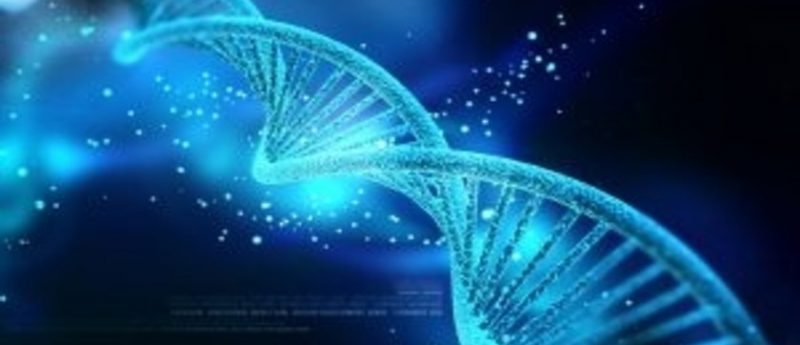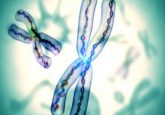DNA methylation is a key factor in understanding differentiation phenotype in esophageal squamous cell carcinoma

Normal tissue stem cells possess the ability to produce a set of stem and progenitor cells by asymmetric cell division. Progenitor cells lose self-renewal ability but still can proliferate and convert to terminally differentiated cells. During such differentiation process, DNA methylation has a crucial role through epigenetic regulation of target gene expression at the right timing and environment. In other words, a cell population at each differentiation stage has an inherent DNA methylation profile. Similar to normal tissue, heterogeneity of cancer is thought to result from replicating a series of differentiation processes from cancer stem cells (cancer stem cell hypothesis) [1–5]. Cancer stem cells might be derived from normal stem cells and therefore show stem cell abilities such as self-renewal, asymmetric cell division and resistance to drug and to hypoxia, which result in low therapeutic efficacy of conventional chemotherapy or radiation therapy.
Click here to view the full article




